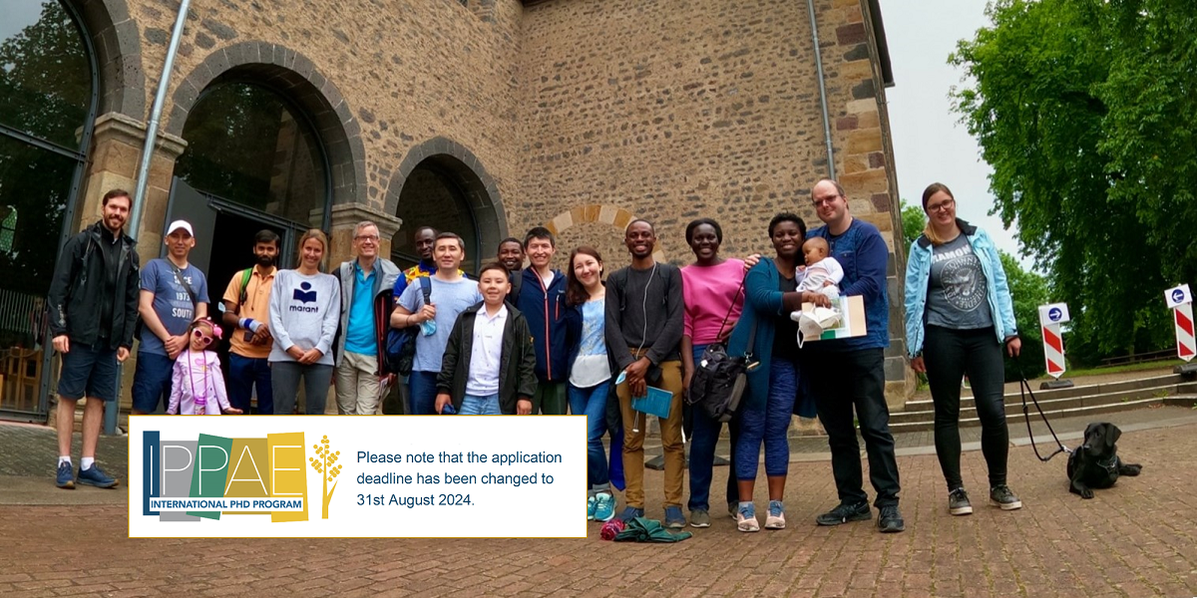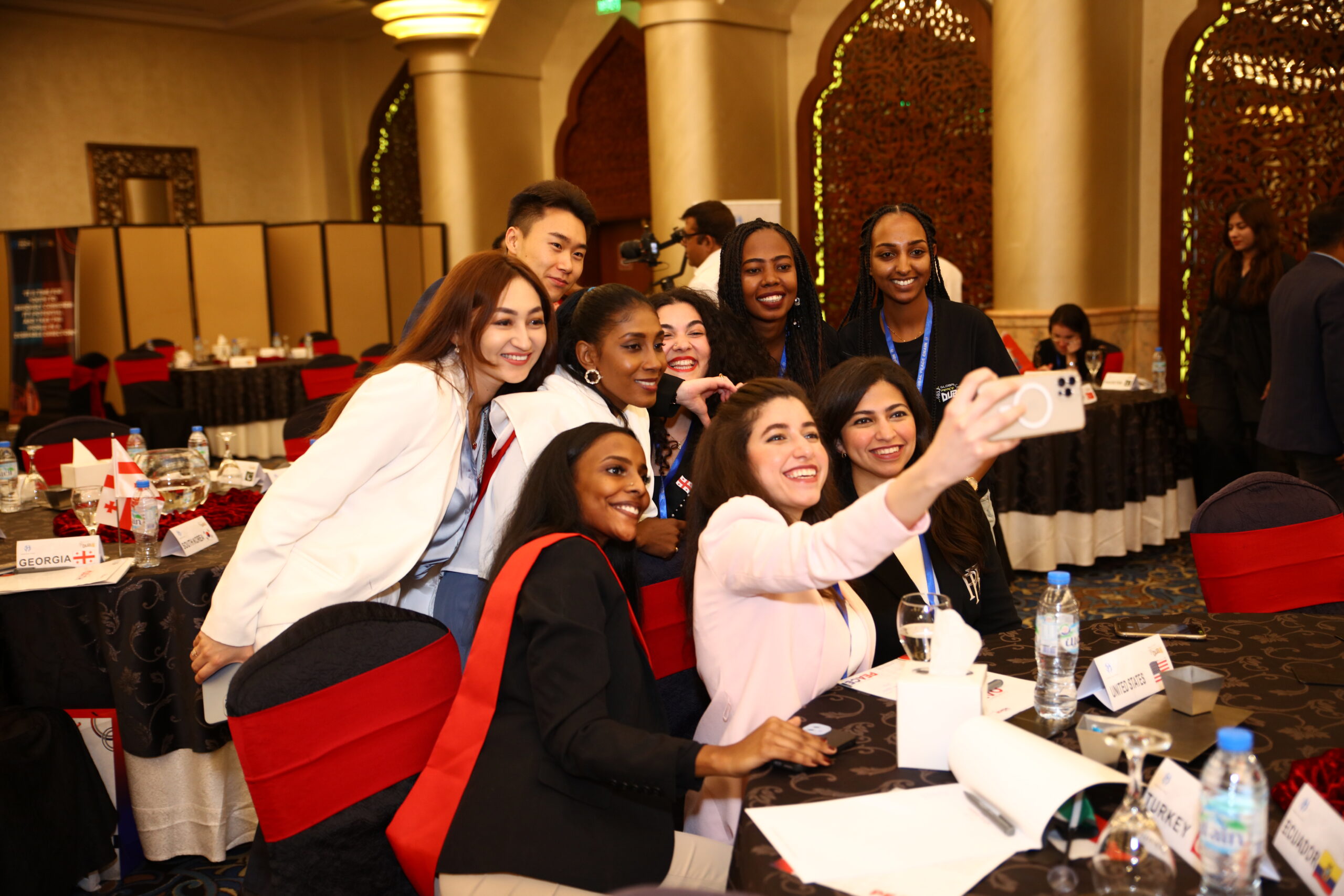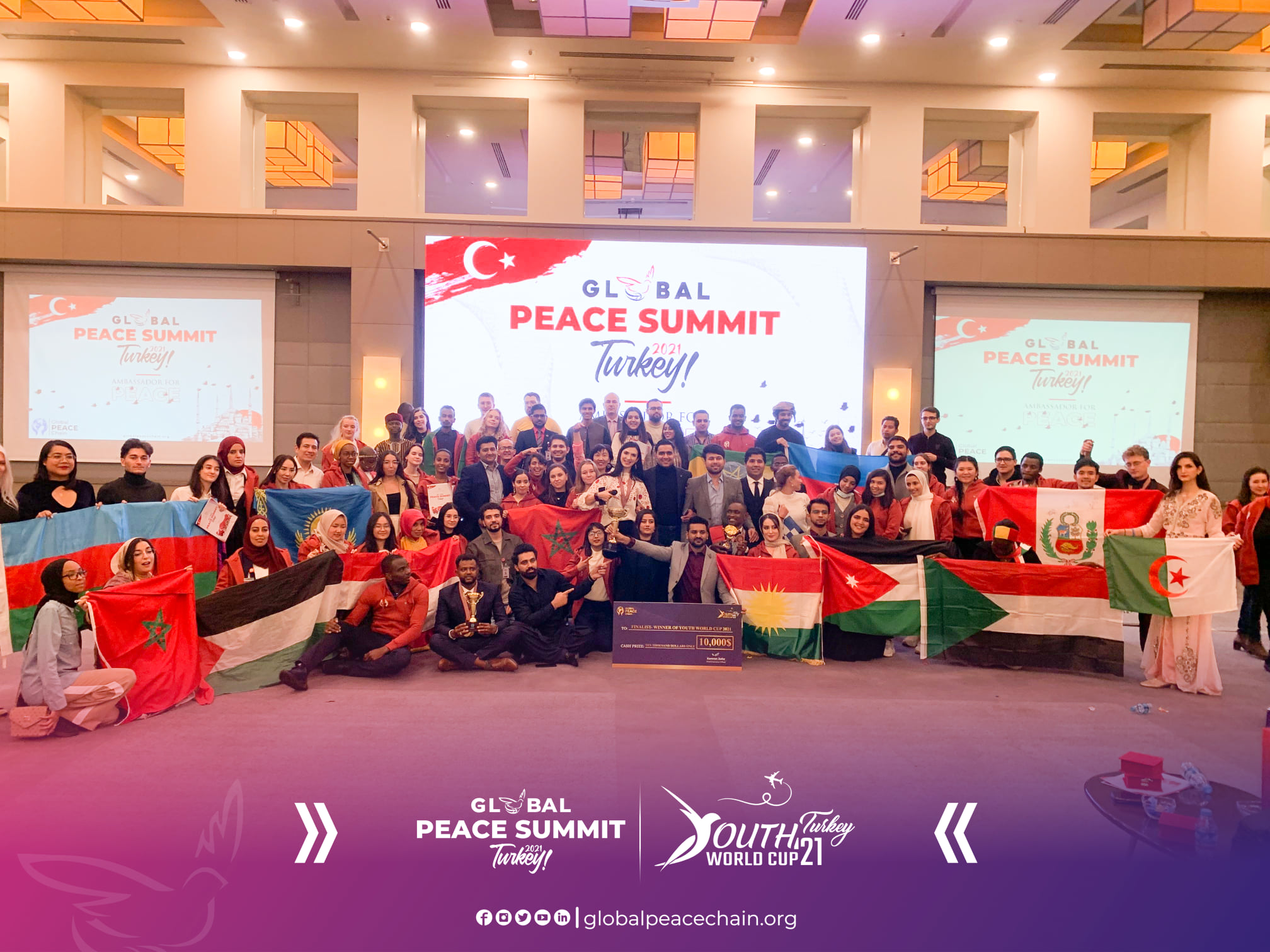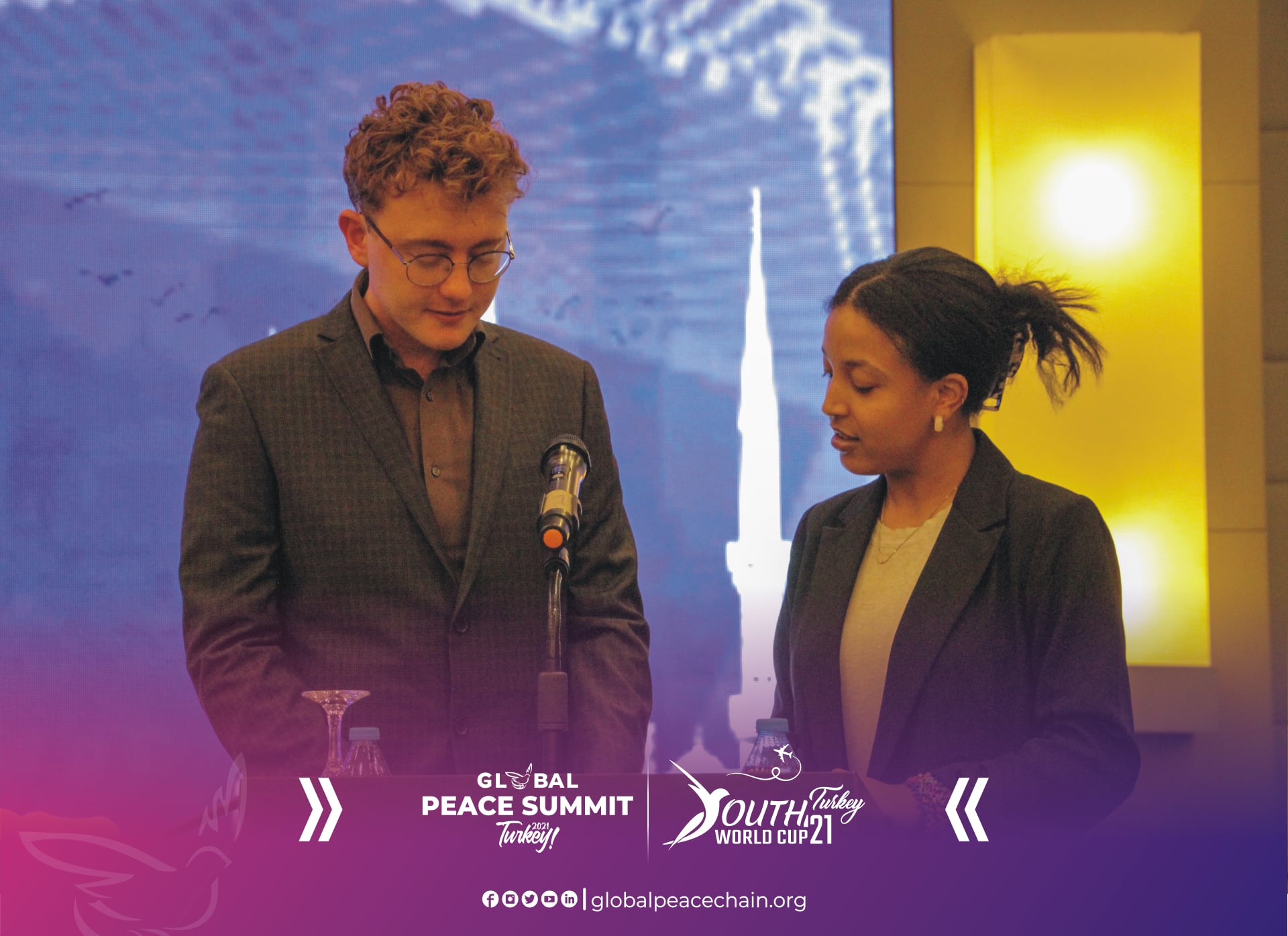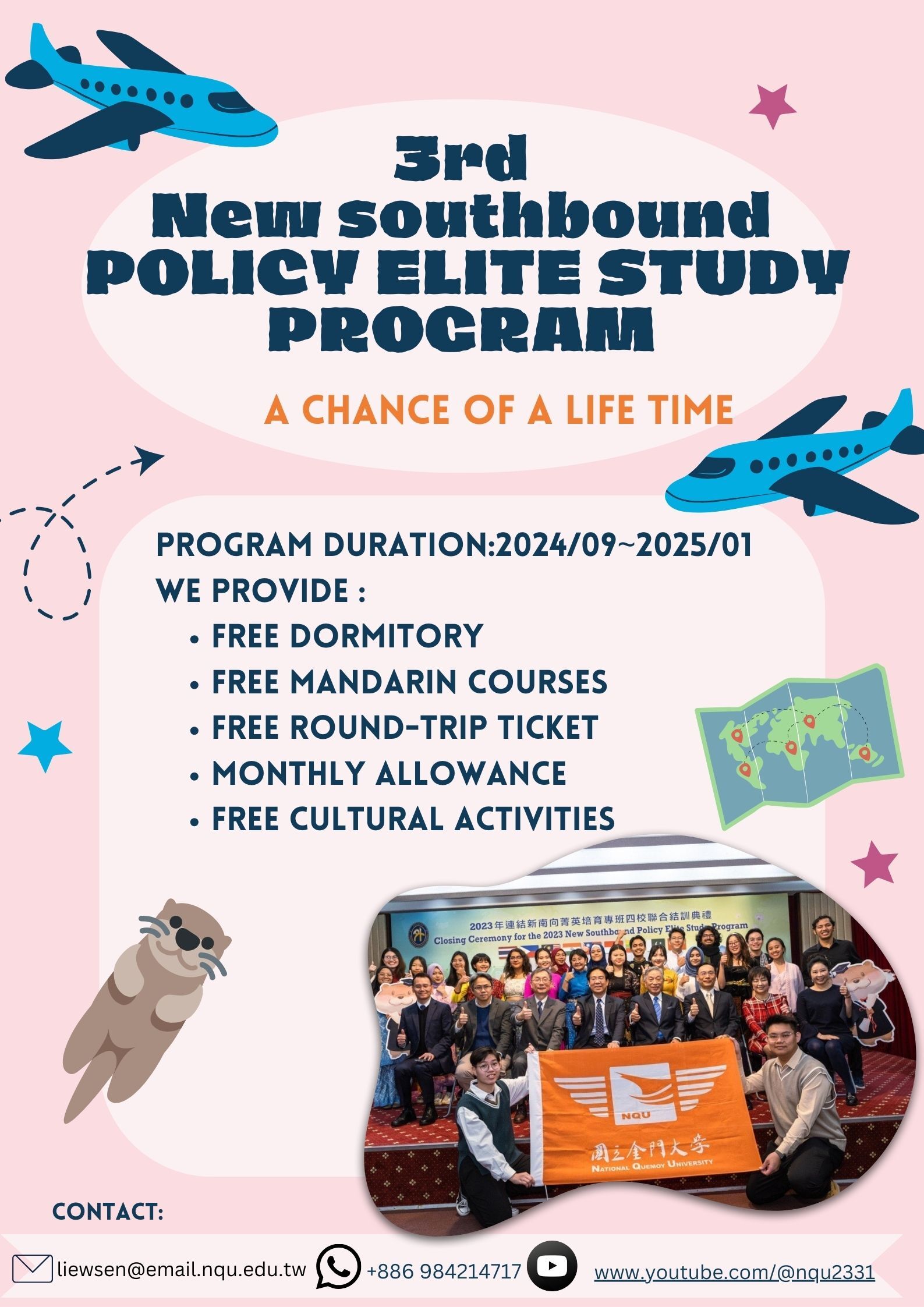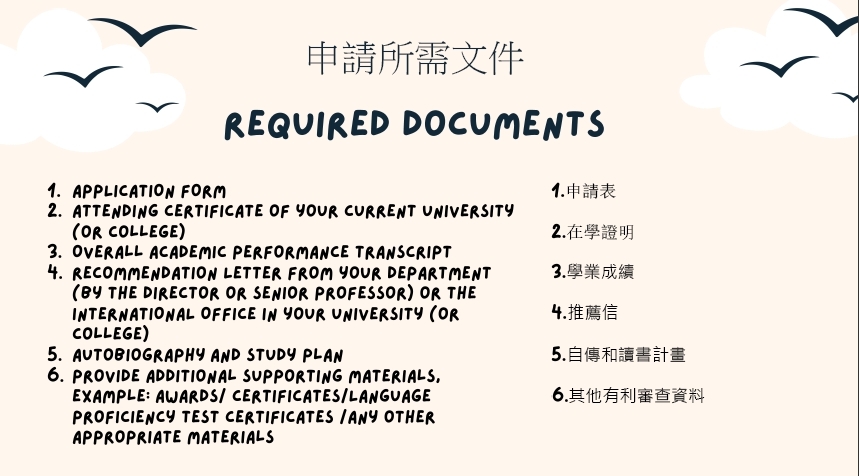Ouverture des candidatures : 5 juin 2024
Date limite de dépôt des candidatures : 5 août 2024
Introduction
Le Conseil Arabe pour les Sciences Sociales (CASS) a le plaisir de lancer le septième cycle de son programme de micro-bourses et le premier sur le thème « Nation, Identité et Histoire ».
Cette bourse, d'une durée de 2 à 3 mois, soutient les chercheurs individuels jusqu'à trois ans après le doctorat et les doctorants à un stade avancé de leurs études, en sciences sociales et humaines, pour mener un projet de recherche sur la région arabe autour du thème « Nation, Identité et Histoire ».
Une bourse d'un montant maximal de 3 000 USD est disponible pour les chercheurs individuels ; deux à trois boursiers seront sélectionnés pour bénéficier de la bourse au cours de ce premier cycle.
Ce programme soutient les propositions de recherche basées sur des projets nouveaux ou en cours, y compris :
- La phase initiale ou « pilote » d'un nouveau projet,
- la phase spécifique de projets en cours combinant travail sur le terrain et analyse, et
- les propositions visant à développer des projets antérieurs, par exemple en recherchant de nouveaux cas et de nouveaux sites de terrain.
Ce programme est financé par une bourse accordée au Conseil Arabe pour les Sciences Sociales par la Fondation culturelle Constantine Zurayk dans le cadre d’un programme intitulé « Nation, Identité et Histoire : Vers de Nouveaux Agendas ».
Descriptif du programme
Le programme vise à promouvoir la recherche inspirée par les travaux fondamentaux du Dr Constantine Zurayk (1909-2000). Le programme encourage les jeunes chercheurs à explorer et à s'appuyer sur les travaux de Zurayk, qui portent sur les questions de la nation, de l’identité et de l’histoire.
Les écrits de Zurayk comprennent des études historiques ainsi que des réflexions théoriques sur l'écriture et l'élaboration de l'histoire. Ils ont été inspirés par les événements dramatiques dont il a été témoin, depuis la Nakba de 1948 et la défaite de 1967 jusqu'aux guerres et aux guerres civiles de la région. Les travaux de Zurayk se caractérisent par leur rigueur intellectuelle ainsi que par leur probité et leur courage moral, car ils tiennent compte des réalités de la région et répondent aux préoccupations du moment. Il a défendu un nationalisme arabe humaniste et non essentialiste et a rejeté toutes les formes de déterminisme. Son œuvre humaniste et interdisciplinaire s’adresse à notre époque et inspire de nouvelles réflexions sur la nation, l'identité et l'histoire.
En novembre 2011, les filles de Zurayk, les docteures Huda, Afaf et Hanan Zurayk, ont fait don de ses documents à la bibliothèque de l'Université américaine de Beyrouth. Les archives sont désormais accessibles sous le titre « Constantine Zurayk Collection, 1909-2000 » :
https://www.aub.edu.lb/Libraries/asc/Collections/Documents/FindingAids/ConstantineZuraykCollectionFA.pdf
Approches suggérées
Le programme Constantine Zurayk du CASS soutient la recherche sur son héritage : il peut s'agir d'un travail sur la collection d'archives susmentionnée ou de l'étude de certains aspects de son œuvre. Le programme encourage également de nouvelles explorations des notions de nation, d'identité et d'histoire au sens large. Au cours des cinquante dernières années, des chercheurs ont utilisé des théories et des méthodes féministes, transnationales, culturelles postcoloniales et indigènes (entre autres) pour repousser nos conceptions de la nation, de l'identité et de l'histoire. Par leurs travaux, ils ont remis en question l'importance de ces catégories, le pouvoir qu'elles exercent et leurs significations, tant au niveau mondial qu'au niveau intime. Le programme s'intéresse particulièrement aux chercheurs dont les recherches repoussent les limites de ces thèmes, tant sur le plan théorique que méthodologique. Les candidats sont encouragés à utiliser un large éventail de méthodes et d'approches scientifiques dans leurs projets et ne doivent pas se limiter aux frontières disciplinaires ou nationales.
Le programme encourage les candidats qui souhaitent travailler sur les archives de Constantine Zurayk conservées à la bibliothèque de l'Université américaine de Beyrouth. Toutefois, l'utilisation des archives ne garantit pas l’acceptation de la proposition.
Critères d'éligibilité
Nationalité et citoyenneté
Cet appel est ouvert aux :
1) Citoyens d'un pays arabe (défini comme un pays appartenant à la Ligue des États arabes),
2) Réfugiés et/ou apatrides des pays arabes résidant dans la région arabe,
3) Chercheurs résidant en dehors de la région arabe et possédant la citoyenneté arabe ou étant des réfugiés et/ou des apatrides de la région arabe, et
4) Candidats résidant en dehors de la région arabe et possédant un passeport non arabe mais originaires d'un pays arabe.
Jeunes chercheurs :
Ce programme s'adresse uniquement
1) Aux chercheurs qui ont terminé depuis 0 à 3 ans un programme de doctorat en sciences sociales ou humaines (obtenu à l'intérieur ou à l'extérieur de la région arabe). Les candidats doivent avoir obtenu leur doctorat au moment de la candidature. Les candidats qui ont obtenu leur doctorat avant 2021 ne sont pas éligibles pour ce programme.
2) Aux doctorants à un stade avancé de leurs études en sciences sociales ou humaines (phase de rédaction de la thèse) inscrits dans des universités situées à l'intérieur ou à l'extérieur de la région arabe.
Documents requis
Les candidats sont tenus de créer un compte et une page de profil sur la plateforme de candidature du CASS, puis de présenter une demande de bourse en utilisant le formulaire de candidature en ligne pour le programme de micro-bourses, et de fournir les documents justificatifs suivants :
- Un CV détaillé comprenant les qualifications académiques et les publications (avec des liens si les publications sont disponibles en ligne)
- Une lettre de motivation d'une page expliquant l'objet de la candidature
- Une preuve de nationalité (copie d'un passeport ou d'une carte d'identité en cours de validité). Les candidats originaires d'un pays arabe, mais détenteurs d'un passeport non arabe, doivent fournir une preuve de leur origine arabe.
- Proposition de projet (quatre à six pages à double interligne) détaillant les activités que le candidat a l'intention d'entreprendre pendant la période de bourse. Veuillez noter que toutes les propositions soumises seront vérifiées à l'aide d'un logiciel de détection du plagiat.
- Copie du diplôme de doctorat ou preuve de l'inscription à un programme de doctorat et de l'état d'avancement des études. Les doctorants doivent fournir la preuve qu'ils ont terminé leurs cours, que leur sujet de thèse a été approuvé et qu'ils sont avancés dans la rédaction de leur thèse.
- Formulaire d’échéancier et de résultats du projet dûment rempli. Les résultats doivent être alignés de manière réaliste sur le calendrier de la bourse.
- Formulaire de demande de budget pour le projet. Le budget peut inclure les dépenses liées au travail sur le terrain (hébergement sur le terrain, voyages et transports liés à la recherche, frais de subsistance), les consultations pour développer le projet, l'achat d'équipements de recherche et d'autres fournitures, ainsi que l'allocation du chercheur principal et/ou de l'assistant de recherche (maximum de 25 % du budget proposé).
L'Unité des Bourses et des Subventions du Conseil Arabe pour les Sciences Sociales examinera chaque budget au cas par cas. Veuillez noter que le budget total et détaillé approuvé ne correspondra pas nécessairement au budget demandé.
Axe disciplinaire
Le programme de micro-bourses est ouvert à toutes les disciplines des sciences sociales et humaines, ainsi qu'aux domaines connexes et interdisciplinaires. Les disciplines fondamentales comprennent l'anthropologie, la démographie, l'économie, l'histoire, les sciences politiques, la psychologie, la sociologie, la philosophie, les études littéraires et l'histoire de l'art. Les domaines connexes et interdisciplinaires comprennent l'architecture, la géographie, l'éducation, le droit, la santé publique, les études de genre, les études culturelles, les études sur les médias, les études sur le développement et les études urbaines.
Lignes directrices pour la rédaction des propositions
Les propositions peuvent être basées sur un travail de terrain ou des recherches dans les archives. Un soutien peut être apporté pour la rédaction ou l'analyse des données déjà collectées.
Les propositions doivent comprendre les éléments suivants :
- Contexte et pertinence de la recherche
- Problématique et questions de recherche
- Cadre théorique
- Analyse documentaire
- Méthodologie et considérations éthiques.
Pour plus d'informations sur les lignes directrices relatives à la rédaction des propositions, cliquez ici.
Résultats proposés
Il peut s'agir, entre autres, de documents de recherche et/ou d'articles destinés à être publiés, d'études d'archives, de manuscrits de livres, d'essais de blogs ou de magazines électroniques, de propositions de financement d'un nouveau projet, de chapitres de thèses, de ressources pédagogiques et d'archives numériques ou de bases de données. En outre, le CASS exige des bénéficiaires qu'ils produisent un document de travail dans la série des documents de travail du CASS.
Processus de sélection
Un comité de sélection pluridisciplinaire composé d'éminents chercheurs arabes ayant des antécédents de recherche et de publication et une expérience en matière de recherche et d’enseignement dans la région examinera et sélectionnera les propositions de financement. Les procédures de sélection respectent les normes les plus élevées en matière de jugement académique et éthique.
Le comité évalue les propositions sur la base des critères d'évaluation suivants :
- Contribution de la proposition de recherche à la connaissance (importance, qualité et originalité)
- Faisabilité et clarté du plan de recherche proposé (calendrier réaliste et méthodes de recherche appropriées)
- Compétence du candidat (titres universitaires, publications existantes et potentielles)
- Résultats attendus et publications prévues.
Deux à trois boursiers seront sélectionnés pour bénéficier de la bourse au cours de ce premier cycle.
En soumettant leur candidature électronique, les candidats affirment qu'ils acceptent, sans aucune objection, les résultats de l'évaluation et de la sélection tels qu'ils ont été décidés et annoncés par le Comité de sélection et le Conseil Arabe pour les Sciences Sociales. Les candidats non retenus ne seront pas informés des raisons spécifiques du rejet de leur candidature.
Les résultats seront communiqués aux candidats au cours de la deuxième semaine de septembre 2024.
Conditions de la bourse
Les candidats retenus doivent se conformer aux exigences suivantes du projet :
- Répondre aux demandes de clarification ou d'élaboration formulées par le comité de sélection dans sa décision d'acceptation préliminaire ; soumettre une proposition, un calendrier et un budget révisés.
- Préciser la durée de la bourse : de deux à trois mois entre octobre 2024 et mars 2025.
- Signer un contrat précisant le budget, le calendrier, les résultats et les obligations du chercheur.
- Assister et présenter le projet de recherche à la septième conférence du Conseil Arabe pour les Sciences Sociales, qui se tiendra au printemps 2025. Le coût de la participation à cet événement ne doit pas être budgétisé. Il sera pris en charge directement par le CASS.
- Soumettre un rapport narratif et financier, y compris les reçus originaux de toutes les dépenses relatives au projet.
- Produire les résultats spécifiés dans le contrat et soumettre un document de travail dans la Série des documents de travail du CASS, qui est une publication indexée. (Voir les lignes directrices de la série de documents de travail ici).
Le budget
Le budget ne doit pas dépasser 3000 USD et ne peut pas inclure : les frais de voyage pour la participation à la conférence ou les frais d'inscription et de participation aux ateliers de travail.
Le budget doit clairement indiquer si d'autres sources de financement sont déjà disponibles ou ont été sollicitées et quels éléments seraient entièrement ou partiellement couverts par d'autres sources. Le comité de sélection et le personnel du CASS examineront chaque budget au cas par cas. Veuillez noter que le budget total et détaillé ne correspondra pas nécessairement au budget demandé.
Calendrier
Le 5 juin 2024 :Les formulaires de candidature sont disponibles en ligne.
Le 5 août 2024 :Date limite de dépôt des candidatures.
Deuxième semaine de septembre 2024 :Les décisions sont communiquées aux candidats.
Fin septembre 2024 :Les candidats acceptés signent leur contrat.
D'octobre 2024 à mars 2025 :Durée de la bourse de 2 à 3 mois au cours de cette période.
Décembre 2024 à juin 2025 :Soumission des rapports finaux et des résultats de la bourse.
Printemps 2025 :Participation et présentation des résultats de la recherche lors de la septième conférence du CASS qui se tiendra au Liban.
Il est conseillé aux candidats de consulter la Foire aux questions et la liste de contrôle avant de soumettre leur demande.
Pour toute question concernant la bourse, veuillez vous adresser à l'unité «Bourses et Subventions » à l'adresse électronique suivante : grants@theacss.org
Pour toute question relative à la procédure de candidature en ligne et aux problèmes techniques, veuillez contacter le responsable informatique, Wassim Alam, à l'adresse électronique suivante : alam@theacss.org
Dans cette annonce, le masculin a été utilisé par souci de simplification du style ; toutefois il désigne aussi bien la candidate, que le candidat.
Caractéristiques de l'emploi
| Catégorie emploi | Prix, Concours et offres |
 medjouel.com Etudes Non Stop
medjouel.com Etudes Non Stop
